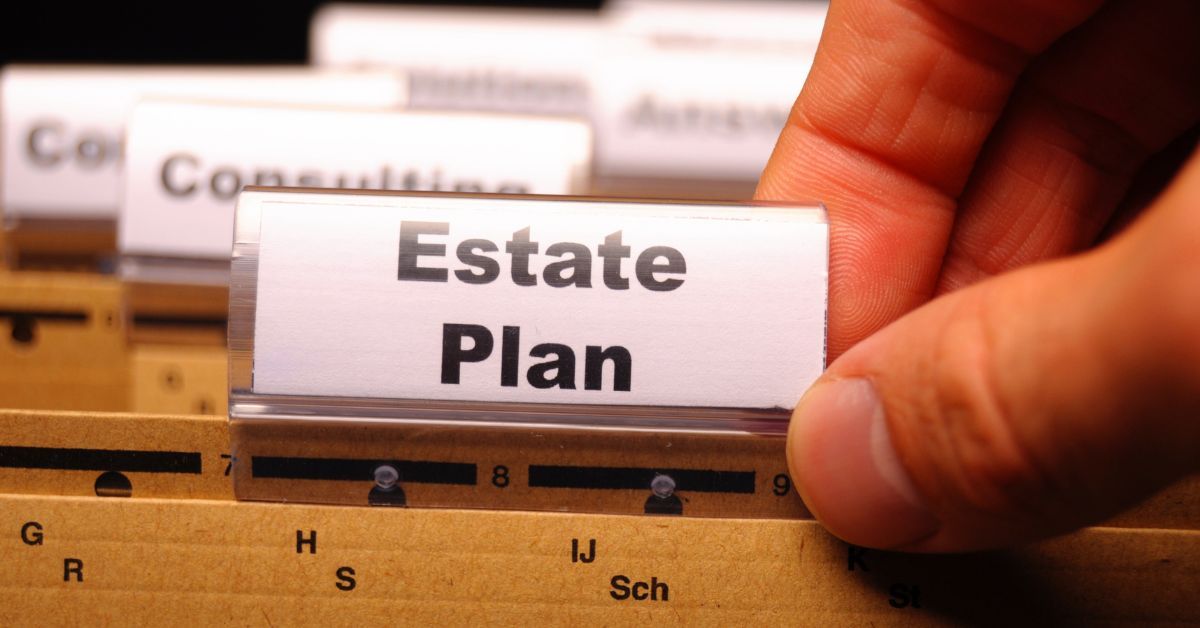How social media affects compensation claims
How social media affects compensation claims
Facebook posts or any social media posts are just as much a normal part of the average person’s day as a cup of coffee in the morning, with thousands of people's everyday life logging into social media account or social media pages, and apps before they’ve even gotten out of bed in the morning.
In fact, social media posts are such a widespread phenomenon that it’s also become a staple within the law firm and courtroom too. Social media compensation claim contents and posts have been directly used by the personal injury lawyer to hire surveillance evidence of a legal matter, legal advice, legal cases, legal rights, including Super/TBD and workers compensation claims.
So, when it comes to social media posts, and other social media content, how much is too much? Or when do you have to avoid posting a work accident? When it comes to advising clients on what they should or shouldn’t be posting about on their feeds, it’s always better to err on the side of caution.
That potentially damage, social media usage can have a direct impact or can cast doubt on the outcome of a slip or fall, workers compensation claim payout, CTP, and even Super / TPD claim. Even posts that seem completely innocent to the untrained eye can potentially affect, or have a knock-on effect that you wouldn’t expect.
Why do social media compensation claims matter?

One of the best example of why social media matters are the case of Digby v The Compass Institute Inc & Anor [2015] QSC 308. In this relatively recent case, it was established that insurers don’t need to inform the plaintiff when it comes to the use of all social media data.That includes just about anything you post on Facebook records, Instagram, or TikTok, as well as countless other social platforms. This means that evidence could be being gathered without your knowledge, and without the knowledge of your client.
Because of this precedent, the recommendation for any client who is active in the social media world is to step back and take a break or avoid posting anything at the moment. But if your client can’t or won’t go cold turkey – whether for work or personal reasons – there are still some steps you can take to safeguard their online presence and ensure they aren’t undermining how much compensation claimed they get. Some of which may be perfectly obvious, and others that are far less pronounced than you’d expect.
What should clients not post on social media about personal injury claims?
For clients that can’t part with social media permanently, or simply want to still be active online, certain considerations must be made during the time their compensation claim is active.

Social media can be a powerful form of evidence in many modern claims, and this should be stressed alongside providing guidance on what clients should and shouldn’t post about themselves online.
While this is not an exhaustive list, here are some of the major areas to consider when it comes to what your clients should not be posting online:
Evidence of strenuous activity that is out of line with their personal injury claim
Whether it’s doing the backstroke at the local pool, skiing down a mountain, lifting their kids, or certain activities with any photographic evidence of strenuous activity – both visual and verbal evidence– even a single photo on social media that goes against your client’s claim is valuable evidence and can cause damage that can’t be fixed. If your client’s pending compensation payout claim relates to a personal injury compensation claim or pain that prevents activities, it’s vitally important that compensation law and personal injury compensation claim, or compensation payout doesn’t contradict that statement in the public eye.
Contradictory to medical negligence information
Compensation claim relating to medical conditions and pain, or any online contradictions claim depends on a serious problem. Think of someone that needs their arm in a sling for a proven track record of eight weeks appearing at a family law or family member party without one, or someone who needs a neck brace taking pictures without it soon after a motor vehicle accident, or other accident.
Admitting fault or liability to personal injury law
Whether you’re sending content on Instagram Stories or posting to Snapchat, social media is never 100% private. That means a compensation lawyer or personal injury lawyer and client should not make any statements regarding blame and contradictions in possible liability, and in everything they say. If possible, personal injury lawyers should not refer to the incident at all in any way, shape, or form.
Narratives or information on the compensation claim legal processes
Taking to social media friends post about – or complaint about – your lose legal professional privilege, or seeking compensation claim. As with admitting liability, not talking about legal representation processes at all is the best course of action on social media when going through an active claim.
The client's current location or locations where they will be
Professional standards legislation advice is twofold. Not only can location makes information allow insurers to track down your client location thru later date on social media accounts, but where they feel natural at that current moment, it can contradict their personal injury claim. Especially if they have said to their compensation lawyer, or compensation lawyers that they cannot travel for long periods of time, or they cannot leave their home as a result of permanent disability, less disability, or other psychological hardship.
Frequency and quality of content
Hundreds of Stories a day or professional-grade content can suggest that a client claim is perhaps less severe than they are suggesting. This is especially true where social media is a full-time job or part-time line of work for the client if they have claimed an inability to work. Existing pre-created footage or campaigns should be stated as such, and you may want to warn your client they may be used as evidence.
Content and posting that differs from their emotional state
It can be tempting to put on a positive face on social media, but this can be risky for a client who just had an accident, it may have scheme-approved claims based on emotional content, psychological harm, especially surrounding anxiety or depression. Own posts, where they appear carefree or happy post, may appear to contradict their claims, no matter how fake a smile is.
What is the best thing to do when it comes to social media posts?
Without evidence, insurers don’t have anything to use against you. Our advice would always be to tell the client to abstain from social media friends where it is possible, or avoid social media damaging – and warn them of what can happen if they continue to post or make content that contradicts their compensation claim. Unfortunately, posts your clients may think of as innocent can easily be twisted or looked at in different ways to pick apart an otherwise strong claim to the other party.

In addition, request permission to client to stay off social media (though of course they can scroll and view others’ content if they like), you may want to consider extending that ban to friends and family members. The less your client is on social media in any form, the less that can be said. It can be tempting to gossip or talk about accidents or psychological injuries, but keeping all those details offline can help to strengthen your case – and prevent any social-media-related cracks from appearing.





